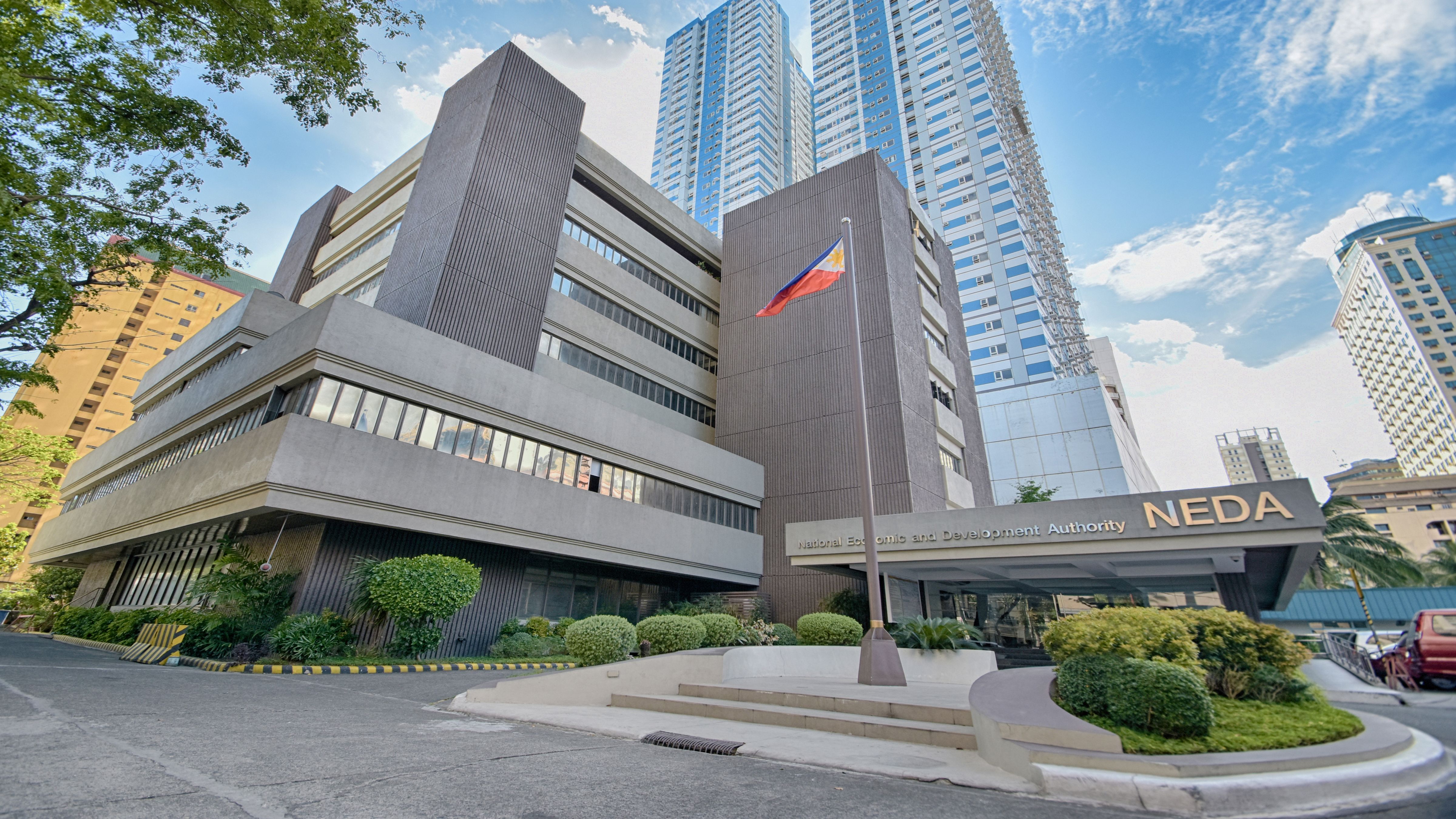NEDA highlights the government’s programs and activities to answer the inflation rate issues in the country.
The National Economic and Development Authority (NEDA) stressed that government’s subsidy programs and interventions to reform the country's farming and food systems helped mitigate the impact of global inflationary pressures and protect Filipinos' purchasing power.
Citing the report of the Philippine Statistics Authority (PSA), inflation rate in the Philippines slightly eased to 6.3 percent in August 2022 which is 1 percent lower than the previous month. The statistics is within the Bangko Sentral ng Pilipinas’ (BSP) forecast range of 5.9 to 6.7 percent for the month while the year-to-date inflation picked up to 4.9 percent.
NEDA Secretary Arsenio M. Balisacan said that recovery not just in the Philippines but to other countries as well are still uneven which results in a very inefficient supply chains. This is expected to be temporary as the markets try to find a new balance between the supply and demand.
This has been made worse with the Russia-Ukraine war and the country’s weather disturbances specifically La Niña which has bought more rains and moderate to strong tropical cyclone activities. Because of this, the productivity level in the agriculture sector is low and needs to be supported immediately
“It is our top priority to ensure that Filipino households have sufficient and healthy food on their table, especially the poorer sector of the society.” Balisacan said
In order to do that, the government will be implementing more programs to help reduce inflation and protect the purchasing powers of the consumers. The reduction of transportation and logistics costs are helpful for fighting the inflation rate in the country.
“It is imperative to transform Philippine agriculture into a dynamic and productive sector to speed up our recovery and significantly reduce poverty in the country,” Balisacan added
Food and nonalcoholic beverage inflation in the country was partially offset by slower inflation in meat, fish, and vegetables. This is attributed to the government's many actions, including improvement in local pork production and appropriate import arrival of pork.
The government will continue to support the agriculture sector through lower input costs, farming innovation, financial assistance to farmers, and strengthening the agriculture value chain so that it can help in boosting the domestic supply.
“In the short-term, we need to boost our recovery momentum, while making sure that the most disadvantaged sectors of the country are assisted. Simultaneously, we need to invest in medium-term solutions to improve productivity, especially in agriculture, and build resilience among consumers and producers,” Balisacan said
Fuel inflation remains uneven
The global oil outlook remains uncertain in the face of significant economic slowdowns and other geopolitical uncertainties.
To answer this fuel inflation issue, the government is providing fuel discounts to farmers and fisherfolk. More than 158,000 qualified farmers and fishermen would each receive P3,000 in fuel subsidies to help mitigate the effects of rising fuel prices. But farm groups have been complaining about the slow release of such fuel subsidies.
As of August 17, 2022, a total of 131,145 accounts for target recipients had been created nationally, with 120,827 accounts already loaded with fuel discounts and 42,084 cards issued to corn farmers and fishermen.
Moreover, the Department of Budget and Management (DBM) approved the release of P1.4 billion additional funds to support the extension of the Libreng Sakay Program for all passengers of the EDSA Bus Carousel until the end of the year. This approval will help up to 50 million riders which includes workers and students who are now back to the face-to-face set-up.
“The government remains committed to taking swift and decisive action to ensure Filipinos can cope with the higher cost of living. This is done by providing targeted subsidies and ensuring unhampered supply of goods and services despite the rising global oil prices,” Balisacan added.
Tags: #NEDA, #Agriculture, #Fuel, #Programs
